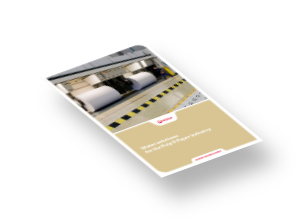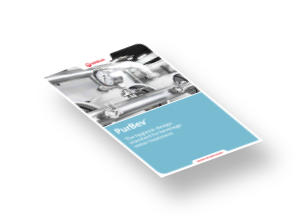Water Softener Systems
Reduce water hardness to prevent scale build up, clogging and expense and provide softened water for all applications.
Water softening allows hard water to filter down through a bed of ion exchange resin. The ion exchange resin attracts the calcium and magnesium ions (hardness) and replaces them with sodium ions. This is a benefit for water systems and plants because it prevents scale build-up.
How does a Water Softener Work?
A water softener is usually made up of two tanks: a larger one where rock or pellet salt is added, and a smaller tank that contains the ion exchange resins. A control valve causes the system to recharge or regenerate when the ion exchange resins are saturated with hardness.
Veolia Water Softening Technologies
Pellet softening for industrial and municipal environments. This limits calcium carbonate deposits caused by a daily use of hard water on dishes, shower systems or in pipes. These deposits can cause clogging and affect the operation of appliances and water heaters.
Combined clarification and softening operations in a single compact treatment unit to reduce water alkalinity and hardness. This process also removes other water components such as silica, heavy metals, fluorides and phosphates as well as TSS (total suspended solids) and organic matter.
Water Softener Systems Applications
- High flow softened water for commercial and industrial applications
- Water softeners for process and manufacturing applications
- High quality softened water for industrial and commercial applications
- Water softener systems for domestic use
High-quality water systems for production, process and manufacturing uses.
Water pretreatment solutions for all types of feed and influent water.
Technologies for optimising boiler feed water and cooling tower feed to minimise chemical usage.
A global leader in water technology, we build private and municipal drinking water treatment plants across the UK.























